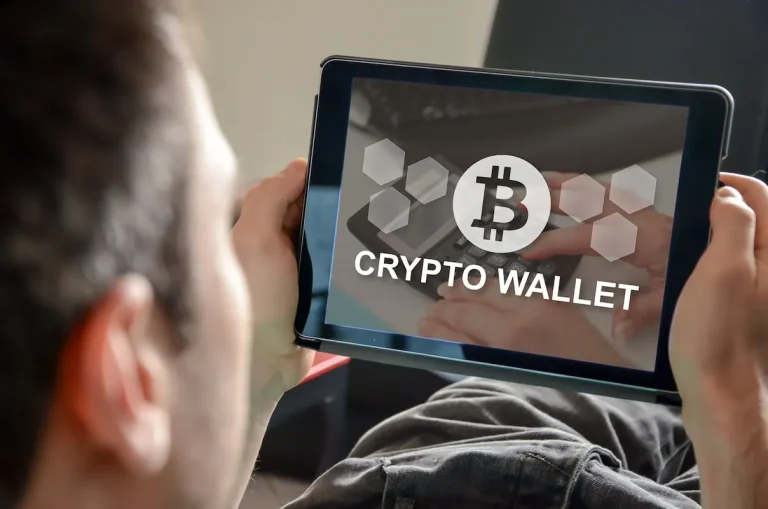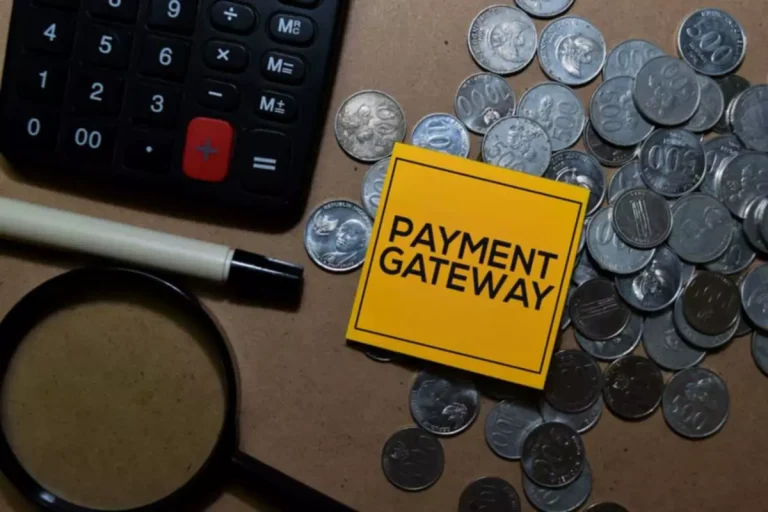Content
With this new system in place, users can initiate even more transactions within a single block than previously allowed, potentially leading to shorter transaction times and fewer fees. Bitcoin Cash is relatively cheaper than the value of standard Bitcoin, however, like Bitcoin, Bitcoin Cash has a circulation of 21 million coins. Meanwhile, Bitcoin Cash is a cryptocurrency that is a fork of Bitcoin that is meant to serve as digital cash. This token was created through a process called ‘hand fork’ by BTC miners and developers. This would permit more transactions to be processed in each block, but it would also be harder to coordinate mining, giving the miners connected to many nodes an https://www.xcritical.com/ advantage over the rest. The Bitcoin community proposed several scaling solutions to prevent this from happening.
Bitcoin vs. Bitcoin Cash: What’s the Difference?
ABCH provides simple and transparent participation in the growth of the Bitcoin Cash network, uniquely designed difference between soft fork and hard fork for everyday payments, while Bitcoin is predominantly used as a store of value. For traders, understanding these differences is crucial for making informed decisions, whether trading the cryptocurrencies directly or through CFDs. Each has its own advantages and challenges, and the choice between BTC and BCH will depend on individual trading goals and preferences. Bitcoin Cash wallets have become a tool of choice for many users since they’re tied directly to the Bitcoin Cash network.
How Does Bitcoin Cash (BCH) Work?
Bitcoin Cash (BCH) is a decentralized digital currency that was created in 2017 as a result of a hard fork from Bitcoin (BTC). Bitcoin is a digital currency changing the way the world sends, spends, and saves money. Unlike the cash in your pocket, bitcoin is 100% digital and uses blockchain technology. In contrast, Bitcoin Cash increased the block size limit to 8 MB and later to 32 MB, enabling it to handle more transactions per second. Over time, the differences Digital asset between Bitcoin and Bitcoin Cash expanded further, driven by the differing objectives of the developers working on each network. These distinctions have become so pronounced that the two cryptocurrencies are now regarded as separate assets within the community.
What is the difference between Bitcoin and Bitcoin Cash?
- The main motivation behind its development was to increase Bitcoin’s block size from 1 MB to 8 MB (and later to 32 MB), thereby allowing more transactions to be processed per block.
- Due to the larger block size, Bitcoin Cash (BCH) works faster and has lower transaction fees.
- A hard fork is a split of the blockchain allowing developers to introduce changes in a new chain without changing the original chain.
- An ongoing debate about the stability of Bitcoin led to a split of the coin on August 1st, 2017, resulting in Bitcoin Cash, a new crypto project based on the Bitcoin blockchain.
- Ever since its inception, many have posed questions surrounding Bitcoin’s ability to scale effectively.
- As an Economics degree holder from the University of California Santa Barbara, he’s well versed in topics like cryptocurrency markets and taxation.
BCH block sizes throughout its existence have an average of about 29.6KB, while BTC blocks have an average of about 1.6MB. Bitcoin Cash is thus—theoretically—able to process transactions more quickly than the Bitcoin network, meaning that wait times should be shorter and transaction processing fees could be lower. The Bitcoin Cash network is also believed to be able to handle many more transactions per second than the Bitcoin network.
Bitcoin is also more extensively integrated into financial services, including wallets, exchanges, and payment processors. Bitcoin Cash has carved out its niche in the cryptocurrency world by emphasizing scalability, low transaction fees, and practical utility for everyday transactions. While it shares many foundational principles with Bitcoin, it also presents a different approach to addressing the challenges faced by blockchain technology. As the digital currency landscape evolves, Bitcoin Cash’s adaptations and community-driven development will continue to play a crucial role in its trajectory. Bitcoin Cash is a decentralised, open-source blockchain focused on peer-to-peer transactions using its native cryptocurrency, bitcoin cash (BCH). It was created as a hard fork from Bitcoin in August 2017, stemming from debates about Bitcoin’s scalability.
A possible step forward was to introduce slight modifications to the code in the form of Segregated Witness. Segregated Witness (or SegWit) is a piece of code that virtually increases block size by separating transactions into two segments. However, not all core developers agreed with the introduction of SegWit.
All in all, the biggest difference between Bitcoin and Bitcoin Cash and the one you should keep in mind the difference in their transaction blocks. Bitcoin’s transaction blocks have a size of 1MB while Bitcoin Cash blocks are upgraded to 8MB. This makes the cryptocurrency better suited for day to day transactions. While there are a few notable differences between Bitcoin and Bitcoin Cash, both fundamentally operate in the same way. While Bitcoin Cash was created in 2017 amidst much fanfare, the project has failed to gain a significant foothold in the crypto market.
On May 12, 2024, Bitcoin Cash had about 23,000 active addresses compared to Bitcoin’s more than 521,000. Bitcoin Cash is available on cryptocurrency exchanges like Binance, Coinbase, Kraken, KuCoin, and many others. It can be mined on personal computers with dedicated GPUs, but this approach has some caveats. The average number of transactions per block on Bitcoin at the time Bitcoin Cash was proposed was between 1,000 and 1,500. We’ve made it as easy and exciting as possible to jump in and purchase Bitcoin Cash (BCH) and any other cryptocurrency.
As a permissionless, decentralized cryptocurrency, Bitcoin Cash requires no trusted third parties. When you send or receive bitcoin, those transactions are processed by the bitcoin blockchain. The blockchain is a public, distributed digital database that tracks and verifies bitcoin transactions securely with cryptography–a way of keeping information safe through codes. The blockchain uses a decentralized network of many computers, instead of just one or a few, which helps make sure transactions can’t be manipulated or be processed twice.
Consequently, users of Bitcoin Cash, with a market cap of approximately $7.5 billion on the same date, might encounter lower liquidity and more real-world usability compared to Bitcoin. Replace-by-fee (RBF) is a feature on the BTC network that allows users to replace a «stuck» unconfirmed transaction with a new one that includes a higher fee, ensuring quicker processing. While RBF can expedite transactions, critics argue it could facilitate double spending. An attacker might initially send a low-fee transaction for a good or service and then replace it with a higher-fee transaction to a wallet they control if the recipient doesn’t wait for enough confirmations. For user experience, BCH’s faster and cheaper transactions can make it more appealing for those who need to conduct numerous small transactions.
Bitcoin Cash (BCH) is a decentralized cryptocurrency created in 2017 through a hard fork of the Bitcoin blockchain. It aims to increase transaction speed and reduce fees by using larger block sizes, making it a faster and cheaper alternative to Bitcoin. BCH is designed to be used as a digital cash system, with lower transaction fees and faster confirmation times compared to Bitcoin. Like Bitcoin, Bitcoin Cash operates on a blockchain technology, using proof-of-work (PoW) consensus for security and decentralization. However, it distinguishes itself with a larger block size limit, initially increased to 8MB from Bitcoin’s 1MB, to accommodate more transactions per block.

This article does not constitute investment advice, nor is it an offer or invitation to purchase any digital assets. Based on market cap, Bitcoin Cash is among the top 30 largest cryptocurrencies and one of the most important altcoins to date. Still, Bitcoin Cash is not as easy to spend as Bitcoin because it does not have the same level of adoption amongst merchants. The bitcoincashresearch.org website is a good venue for making proposals for changes that require coordination across development teams. For those wishing to implement changes to the Bitcoin Cash protocol, it is recommended to seek early peer-review and engage collaboratively with other developers.
This change aims to improve transaction speed and reduce fees, addressing some of the scalability issues faced by the original Bitcoin network. Over time, the block size has expanded to 32MB, further enhancing its transaction processing capability. The BCH token serves as the digital currency on the Bitcoin Cash network, used both as an investment asset and for making payments. The total supply of BCH is limited to 21 million tokens, and transaction fees are lower than many other cryptocurrencies, thanks to the larger block size. The value of BCH is largely determined by supply and demand on cryptocurrency markets. Additionally, the coin is supported by an increasing number of trading platforms and businesses that accept BCH as a means of payment.









